2019-09-10
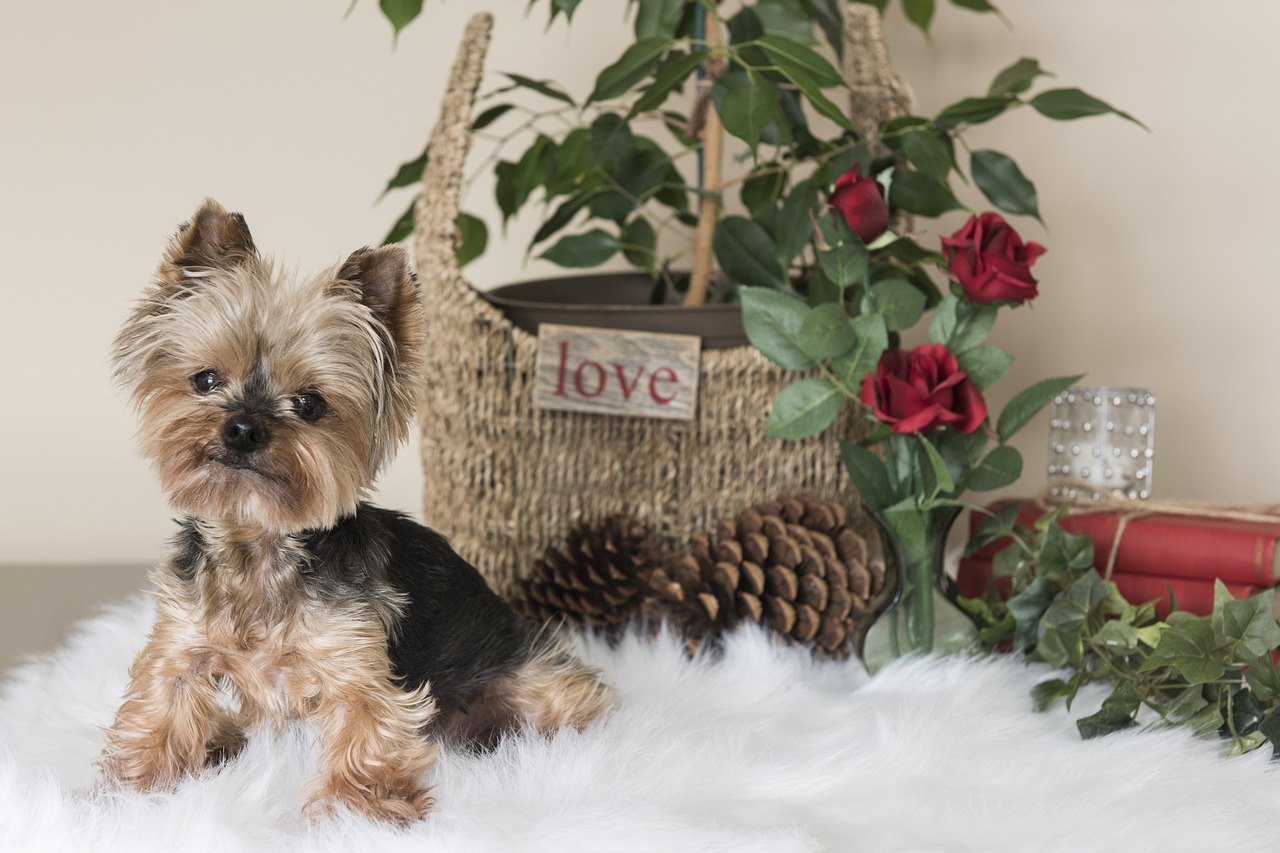
When it comes to creative and practical ways to treat emotional illnesses, emotional support animals are highly ranked in natural therapies. Dogs are regarded as the most popular emotional support animal because they provide unconditional affection and care to people who are suffering from anxiety, depression, or other mental illnesses. Any breed and size of dog can make a great emotional support dog, but some dog breeds with good predisposition tend to be more obedient and trainable. In addition, many small dogs are well suited for small apartments and aircraft cabins. They only occupy a small space but provide loads of love and support on your laps or chests, which is difficult to achieve for a large breed dog. If you intend to get an adorable emotional support dog but have no idea about a suitable breed, continue to read this post.
In this article
1. Do you qualify to get an emotional support dog?
2. What laws do protect emotional support animals?
3. Consider a suitable dog breed
3.3. Cavalier King Charles Spaniels
Do you qualify to get an emotional support dog?
A person diagnosed with an emotional illness or mental disability deserves to get an emotional support dog whose existence will improve their wellbeing. Typically, they help people with social anxiety, PTSD, ADHD, depression, and other conditions affecting someone’s mental health.
Emotional support dogs do not need any training before they qualify. This is the biggest difference to psychiatric service dogs. But they are not covered by the Americans with Disabilities Act (ADA).
What laws do protect emotional support animals?
Although the ADA cannot provide legal access to public areas for emotional support animals, this does not mean that emotional support animals do not have any legal protection. There are two federal laws that recognize them:
• Fair Housing Act: This law states that landlords must provide a reasonable accommodation for tenants with mental or physical impairments. Their emotional support animals, which can alleviate their symptoms, are also allowed to stay with the tenants without extra pet fee, even if the building has “No Pets” policies. The law applies to apartments, campus dorms and many housing situations, but does not include hotels or guesthouses.
• Air Carrier Access Act: ESA owners, who frequently travel by air, can benefit a lot from the ACAA, as airlines are required by law to allow passengers to carry their emotional support animals in cabins rather than being shipped as cargo. In general, all airlines have pet policies, but most of them specify that only dogs and cats are considered emotional support animals.
However, this does not mean that landlords and airlines cannot refuse the request of emotional support animals. If the animal exhibits destructive behavior or poses a threat to other tenants and passengers, they can reasonably have the emotional support animal removed and charge a specific fee for damages. It is recommended to promise that your emotional helper is well socialized, obedient, or responsive to your commands/cues.
Read more about Emotional Support Animals - Laws, Qualification & Certification
Consider a suitable dog breed
As we know, ESA owners can enjoy the privileges of housing and flying with their emotional friends, but most apartments and aircraft cabins are too small and restrict the activities of a large animal, especially for a large dog. Hence, small-to-medium-sized dogs have more supporters who live in cramped conditions and require the companionship of a dog. A small and well-behaved dog is easy to control and more likely to be accepted by the public or staff when you are traveling.
Each breed of dog has similar traits and dispositions, which are determined by deep-rooted genetic tendencies. This helps us to narrow down the options when choosing a suitable dog. In the next section, you will get to know 12 small breeds of dogs that make the best emotional support animals, studied for their temperament, energy level, and shedding situation.
1. Chihuahuas
Chihuahuas have the reputation of being the smallest dog breed in the world, facilitating travel and living with them in small lodgings.
Temperament: The tiny size of Chihuahuas never diminishes their loyalty to their owner. They are therefore suitable for living and working in one-person households and are a reliable partner and friendly family. Chihuahuas also want to cling to someone who feeds them, plays and walks with them. This trait makes them attractive to children, making them a good kid-friendly dog candidate.
Energy level: Although Chihuahuas can sometimes be nippy or yappy, they can soon calm down and get used to a new place as long as they get enough exercise and interaction.
Shedding: Both short-hair and long-hair Chihuahuas are considered to be moderate shedders and usually have their shedding season in spring and fall. You only have to take care of the coat regularly during the shedding phase.
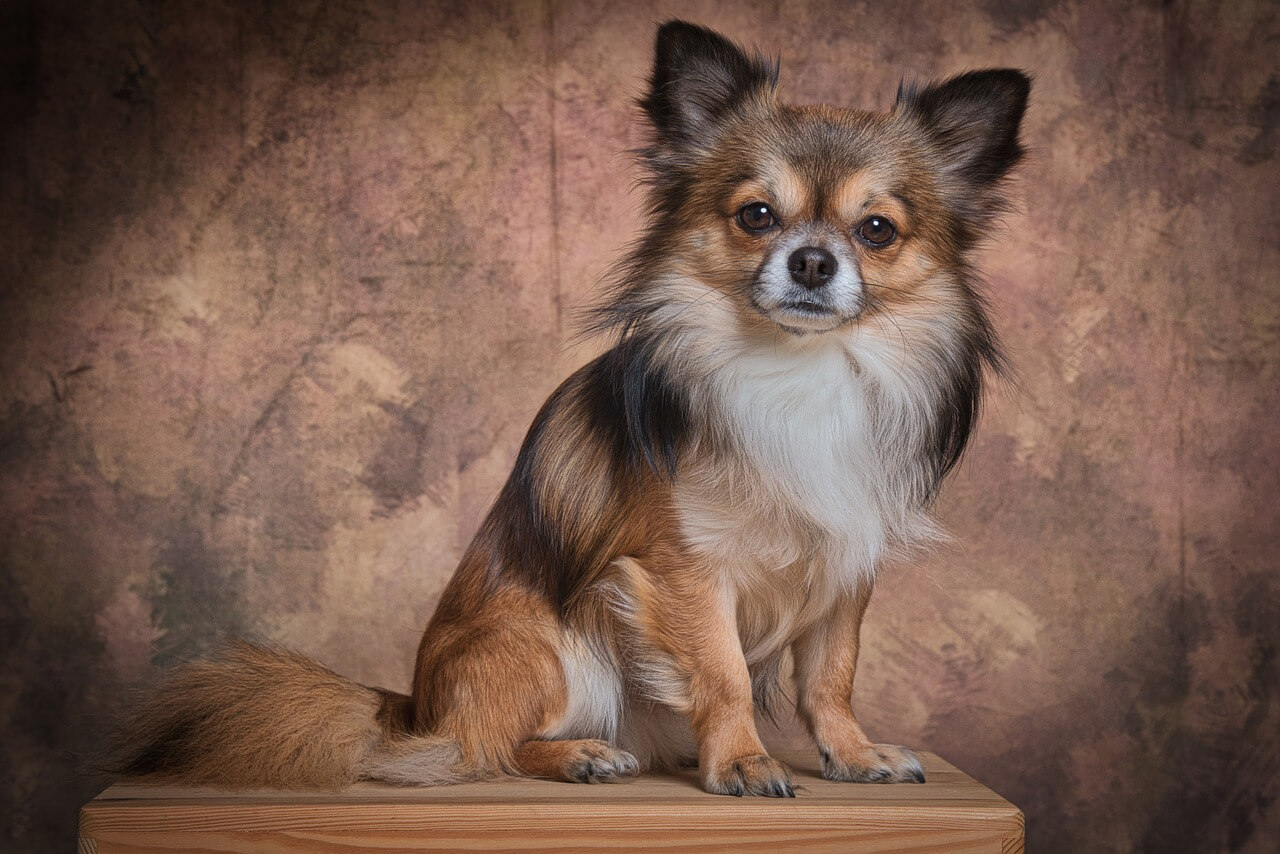
2. Poodles
Poodles come in five basics sizes: Standard Poodle (the largest form of the breed), Miniature Poodle, Toy Poodle, Klein (Moyen) Poodle, and Teacup Poodle. They are one of the most common pet dogs in the world.
Temperament: Of high intelligence and trainability. Poodles respond well to new tricks because of their sensitive noses.
Energy level: Active. As a very old hunting breed, poodles enjoy fetching things and being trained. They are excellent running partners, but also smart to perceive your emotions and provide mental support by lying on your lap.
Shedding: Poodles do not tend to shed, and their “hypoallergenic” coats will not cause any problems for those with allergies. However, this does not mean that poodles do not need to be groomed. You should send it to the groomer regularly to have its long coat shortened.
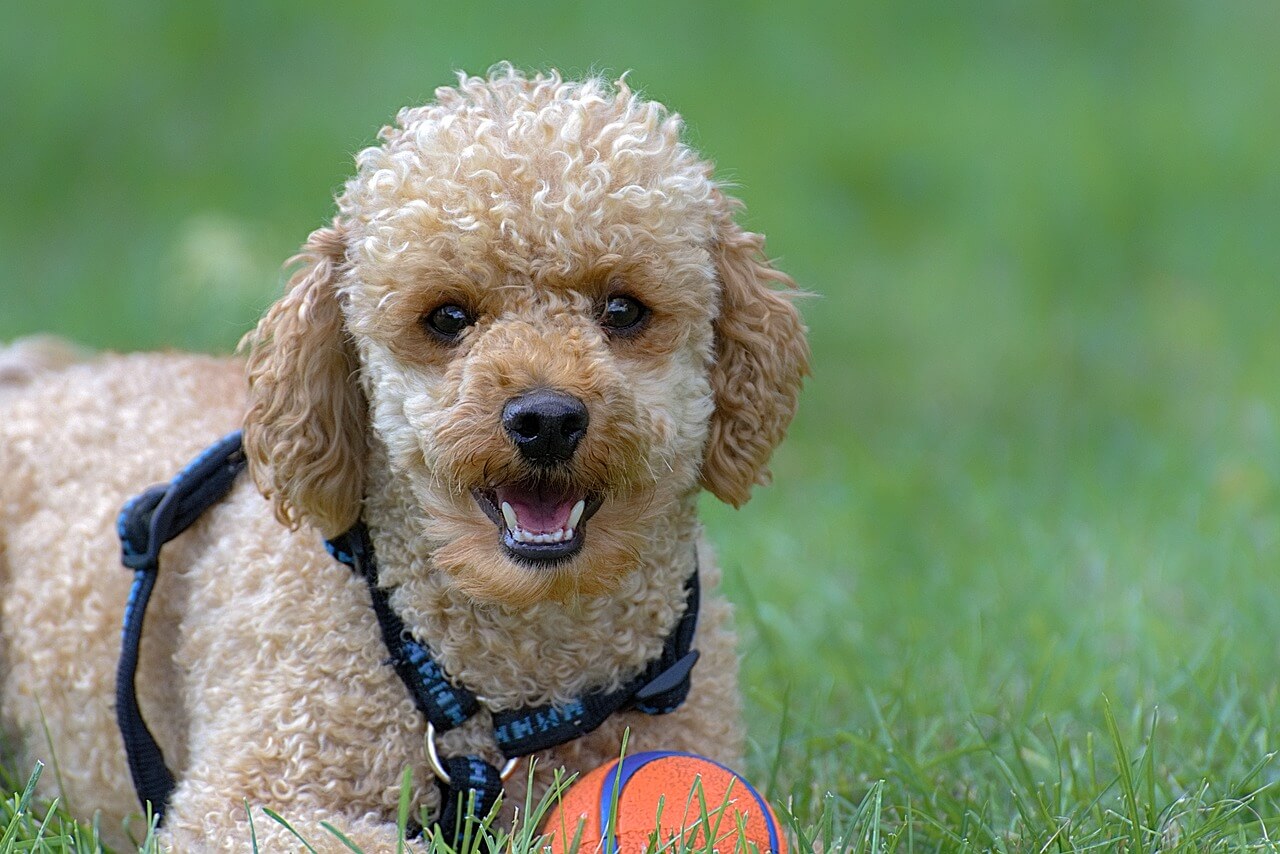
3. Cavalier King Charles Spaniels
The sweet Cavalier King Charles Spaniels are the original lap dogs, because they enjoy cuddling in a lap and snuggling on soft pillows.
Temperament: Friendly, playful, gentle, and peaceful. They are polite to humans and get on well with other dogs, and cats. Their floppy ears and expressive eyes provide countless positive energy for those who are sad. However, their sweet temperament sometimes lead to a timid personality, which should be prevented by socialization training from puppyhood.
Energy level: They can be a runner and chaser if you can offer long daily walks and play fetch games with them.
Shedding: Heavy shedding. You can find lots of hair in your coat, on your couch, and on your sheets.
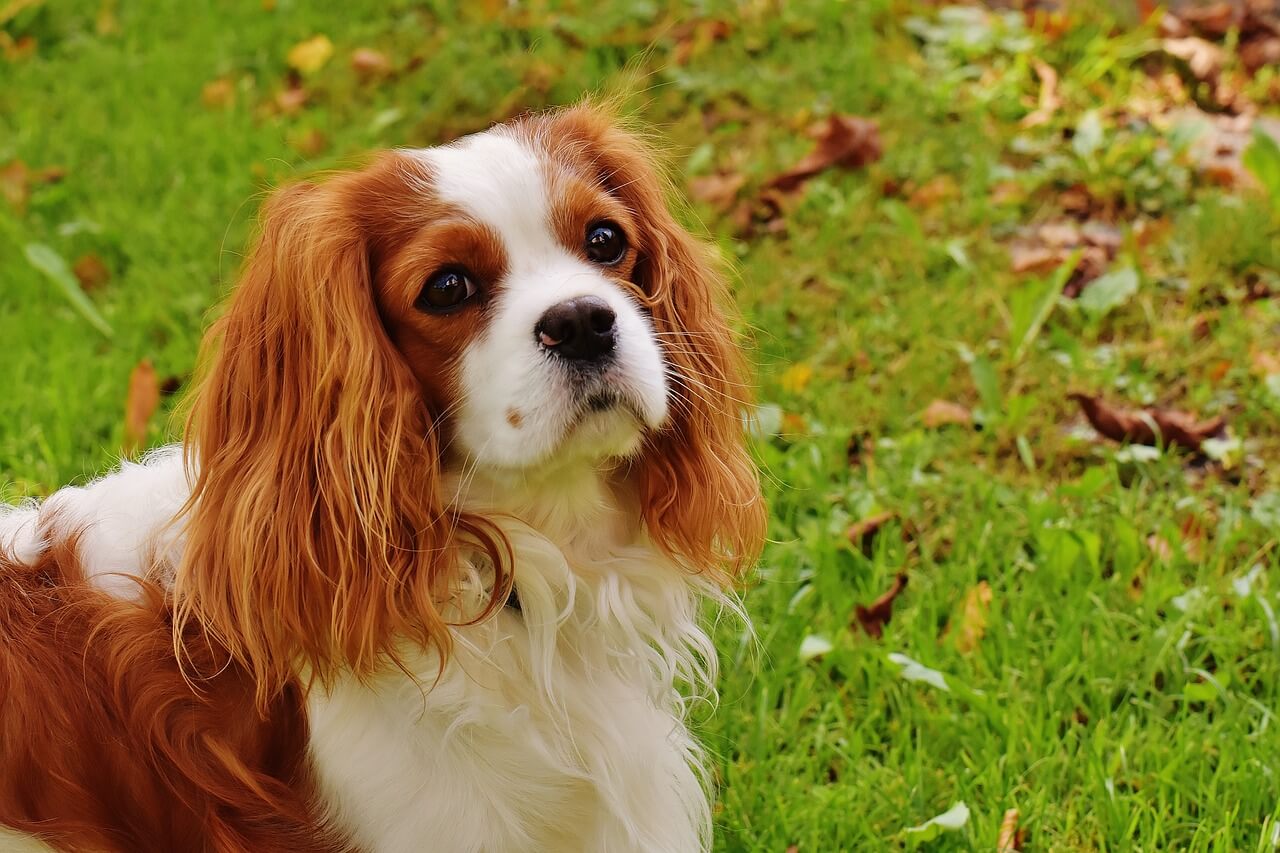
4. Corgis
Corgis were originally bred for farming and herding the sheep, so they are very alert and protective of their owner. More and more families select corgis as ESA dogs because of their friendly personality.
Temperament: Friendly, playful, affectionate, and obedient. Their expressive faces and cute behavior can magically help you get rid of negative emotions.
Energy level: Corgis require a lot of exercises to consume their energy due to their innate herding trait.
Shedding: The cute corgis are heavy shedders, especially during the shedding season (commonly in summer or spring).

5. Dachshunds
Dachshunds were originally bred to hunt burrow-dwelling animals such as badgers and rabbits. Their short legs never reduce their speed but help them to quickly hunt the prey in the narrow tunnel. Today, Dachshunds act as an excellent family companion because of their high trainability.
Temperament: Affectionate family dogs, and friendly to kids. Can be playful, such as chasing around in the back yard with you and fetching Frisbees. People who suffer from depression are invariably positively affected by the incessant active energy of dachshunds.
Energy level: Dachshunds have a lot of stamina and energy due to their prior hunting trait. Besides daily walks, they love playing outdoors with other dogs, digging holes in your yard, and hunting other dogs, cats, and other animals. It is recommended that you train your Dachshund in obedience before taking it to parks.
Shedding: They do not tend to shed and generally do not need frequent bathing. However, they require regular brushing and weekly ear cleaning, as certain fungi, bacteria, and mites may hide in their droopy ears.

6. Pugs
Pugs are often chosen as assistance dogs for psychiatric therapy (like emotional support dogs) because they have many human-like expressions such as surprise and happiness. Pugs are considered to be one of the ideal domestic dogs since they get along well with kids and seniors both in city and in the countryside.
Temperament: The small but muscular pugs are always energetic and affectionate to families. Also, they can naturally enjoy pleasing you with their sparkling eyes and playful antics, which leads you to get rid of anxiety or depression.
Energy level: Pugs have a lot of energy that they not only use to seek the attention of the owner, but they also love running around outside, which in turn gives the owner the opportunity to breathe the fresh air. Sometimes, they are curious about new objects as well as people. Proper training can calm them down and avoid unwanted mayhem.
Shedding: The short, glossy, and smooth coat of pugs makes them not shed a lot, but you still need to brush and groom them weekly to remove the loose hair.

7. Bichon Frises
Bichon Frise is another popular lap dog breed in Europe. Their cotton-ball, plush, and hypoallergenic fur coat is the biggest feature and glory of Bichon Frise.
Temperature: Many owners say Bichons are very easy-going and intelligent, but alert to strangers, which makes them a great watchdog if they get relevant training. Additionally, they are curious, confident, and happy to show you their loved ones. Their warm disposition will not hesitate to give you a big hug when you need emotional support.
Energy level: The Bichon is an incredibly energetic breed, so they need plenty of daily exercises such as outdoor walks, games, and training. They also love to stay by your side, so you can let them hang out with you in the garden or while hiking, which is a great way to work off their energy.
Shedding: Bichons shed little. They can be brushed two to three times a week.
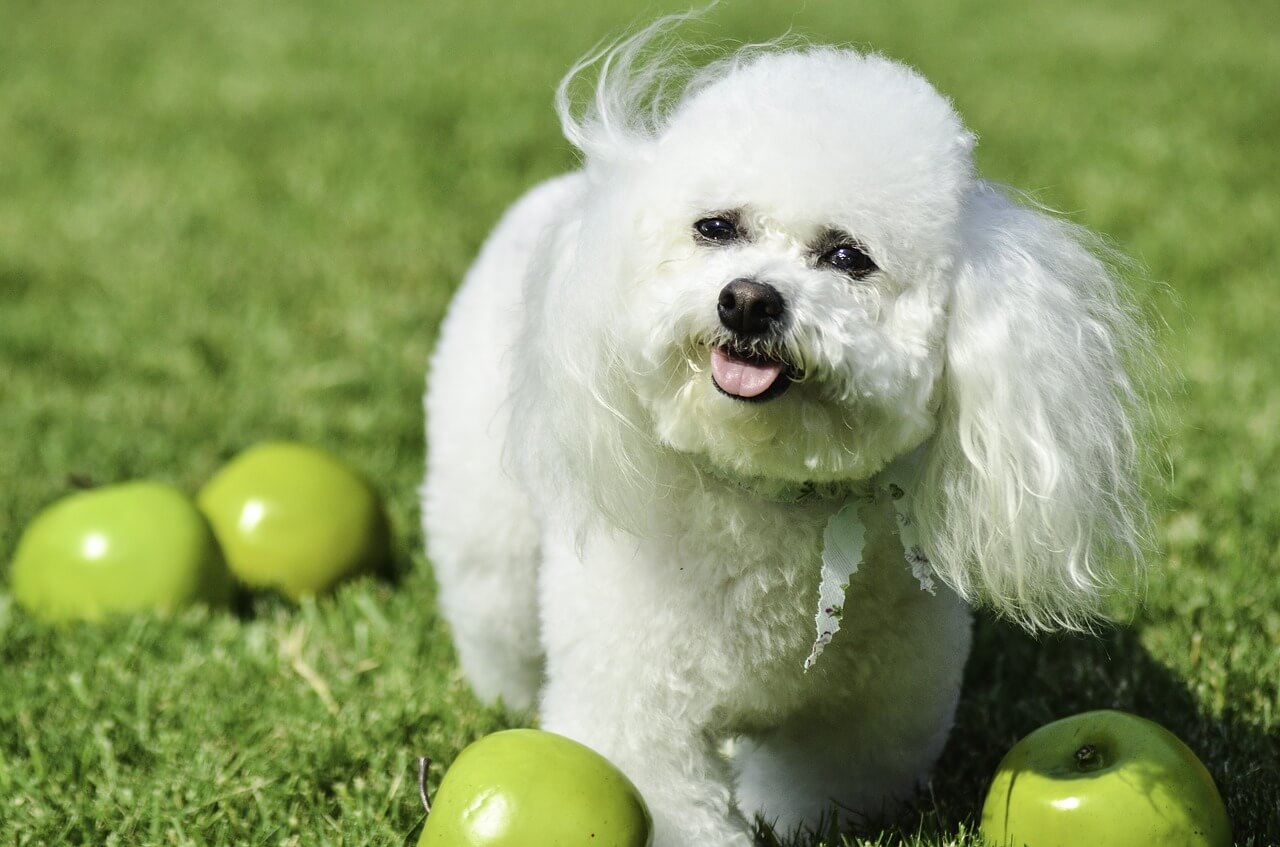
8. Beagles
Beagles, belonging to the family of hunting dogs, were formerly bred in Great Britain for hunting hares and rabbits. Therefore, Beagles have a great sense of smell and a superior tracking instinct.
Temperament: The temperament of Beagles resembles their soulful expression as well as their “happy-go-lucky” characteristics. The friendly and gentle Beagles are neither very aggressive nor too timid towards humans or other dogs. This makes them a great addition to families and preferred companions for people with mental disorders.
Energy level: Beagles have a medium energy level so they can stay happy and healthy even with little daily exercise. However, it will be happier to go for a walk in the park or beach with you. This breed can adapt well in apartments, cuddling and napping all day long.
Shedding: The Beagle’s short coat makes it low-maintenance, so these light shedders only require brushing every few days.
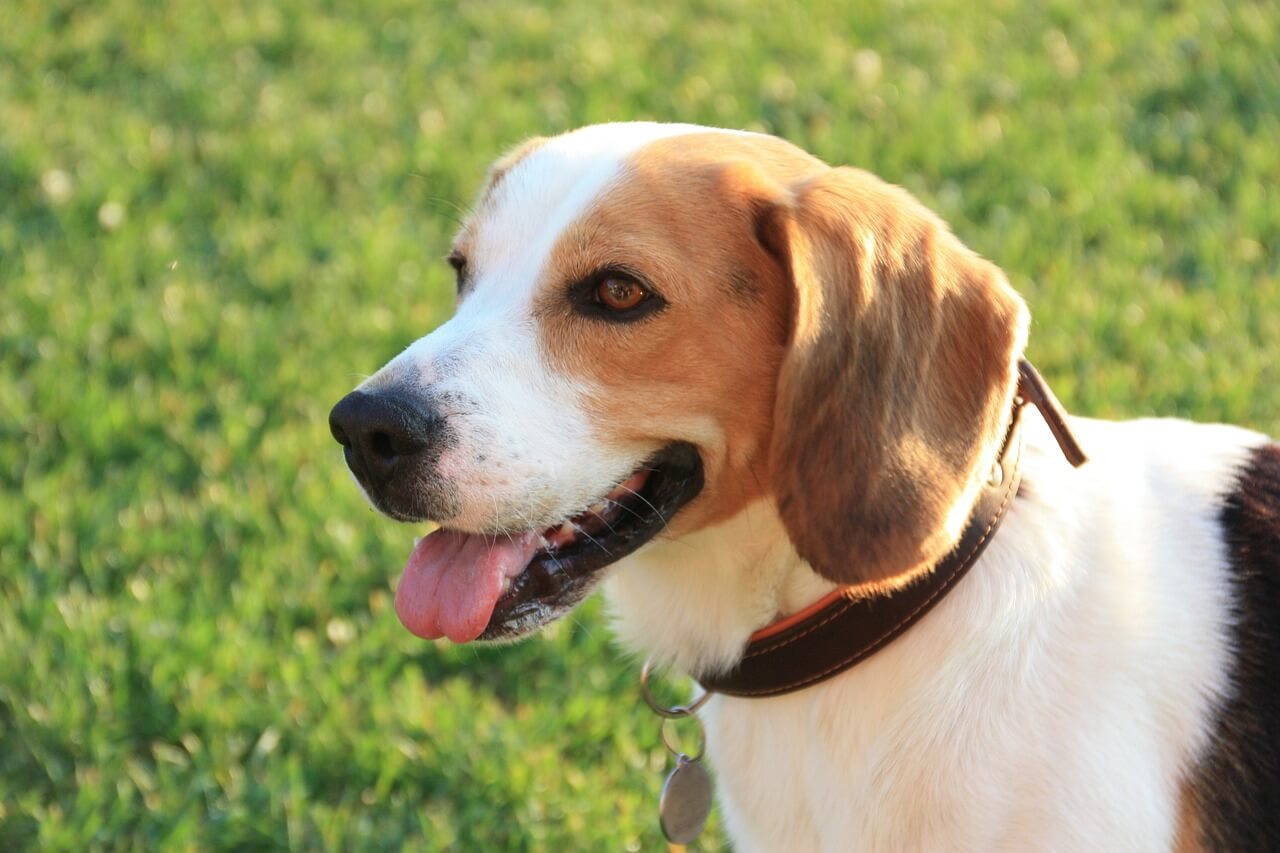
9. Yorkshire Terriers
The Yorkshire Terrier has a toy size but a big personality. Their therapeutic quality turns them into loving and feisty ESAs as well as service dogs for people with disabilities. Because they are very small, they can often travel in the cabin, which can provide their owners with plenty of emotional support.
Temperament: Brave, smart, trainable, and sensitive to dangers. Sometimes, they may be “yappy” and bark when they hear sounds that they find suspicious, and therefore demand appropriate obedience training.
Energy level: Most of Yorkshire Terriers still retain a strong desire to chase, play, and pounce on others. They are perfect energetic companions in small condos, but it is necessary to schedule regular walks and playtime with them every day.
Shedding: The long and silky coat of the Yorkshire terrier is also not allergenic and does not tend to shed. Their coat, however, grows fast and requires regular trimming and constant brushing.
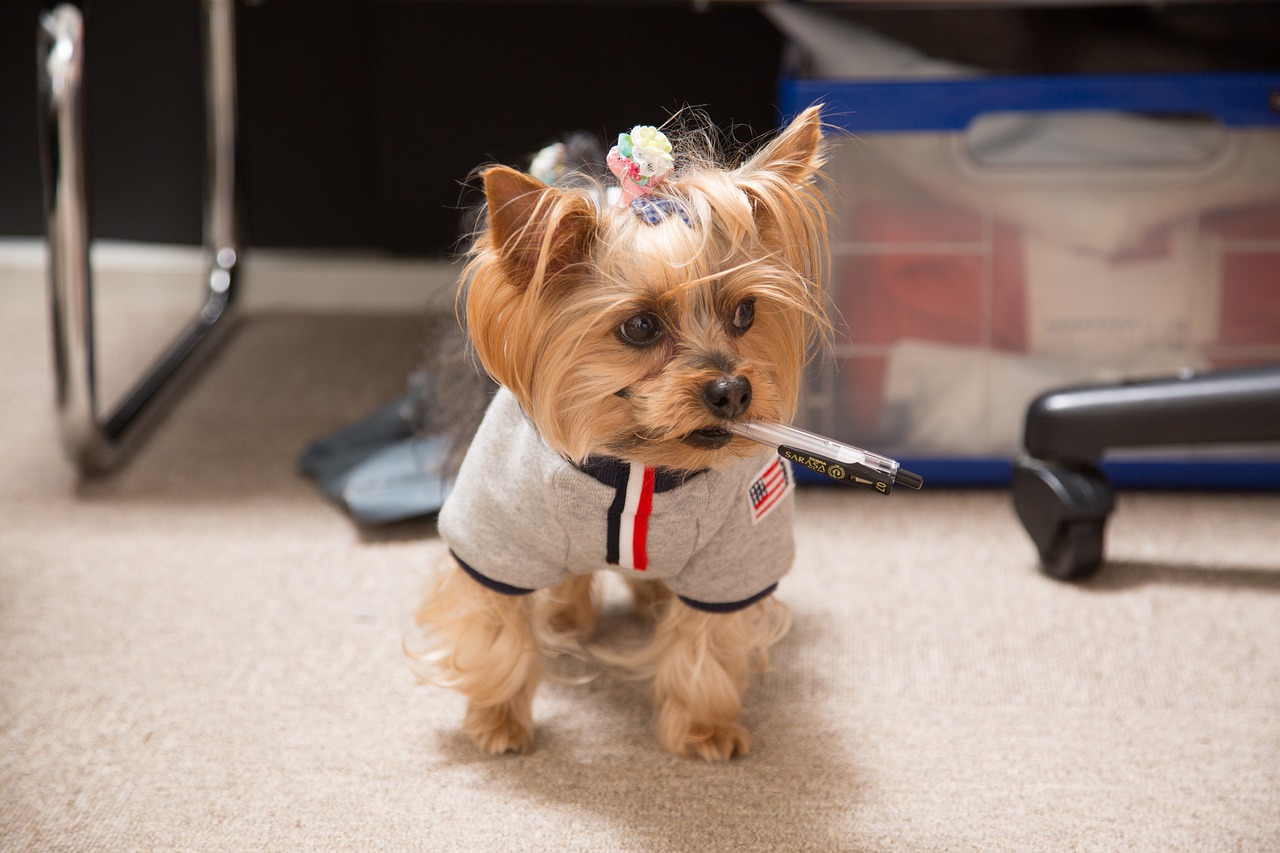
10. Brussels Griffons
The Brussels Griffon looks like the Yorkshire Terrier and has lovable human-like features, which are also referred to as “Monkeyface”.
Temperament: This little dog has a great sense of humor and a cheerful personality, which makes it easy for them to get along with people and other pets. Being with Griffons often brings us happiness and joy. That is why people love to choose them as emotional support animals.
Energy level: They have a lot of energy that can be almost satisfied with daily walks and playtimes without additional exercises in a big yard.
Shedding: Their coat is hard and wiry and not prone to shedding.
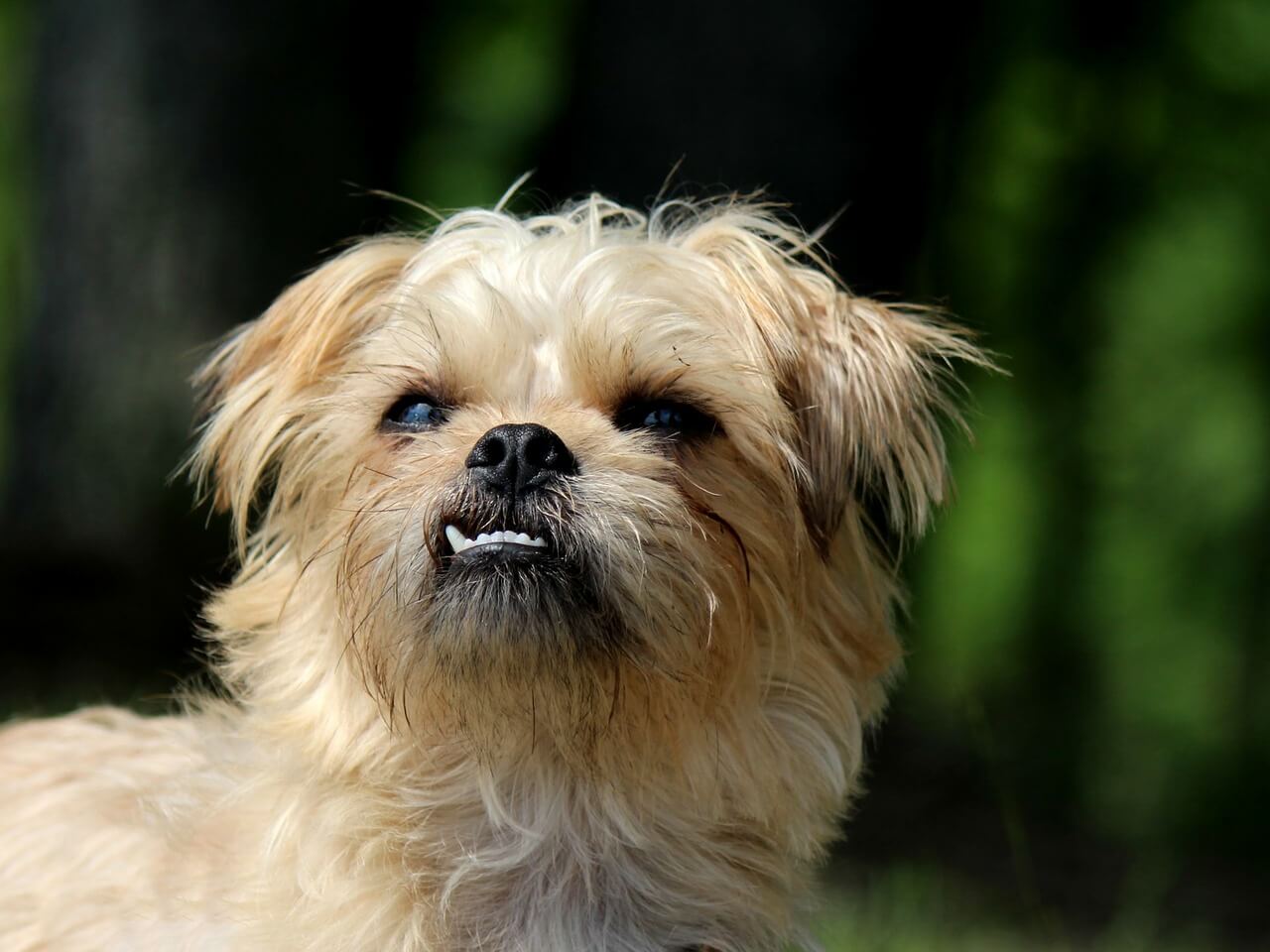
11. Affenpinschers
Affenpinschers, also known as monkey terriers, are an ideal and delightful household companion because they often deal well with playful kids.
Temperament: Affenpinschers are affectionate and loyal to their owners, even to their little owners like kids.
Energy level: They are originally rodent hunters, so providing enough time for chasing will work off loads of their energy.
Shedding: Moderate, and require little grooming.
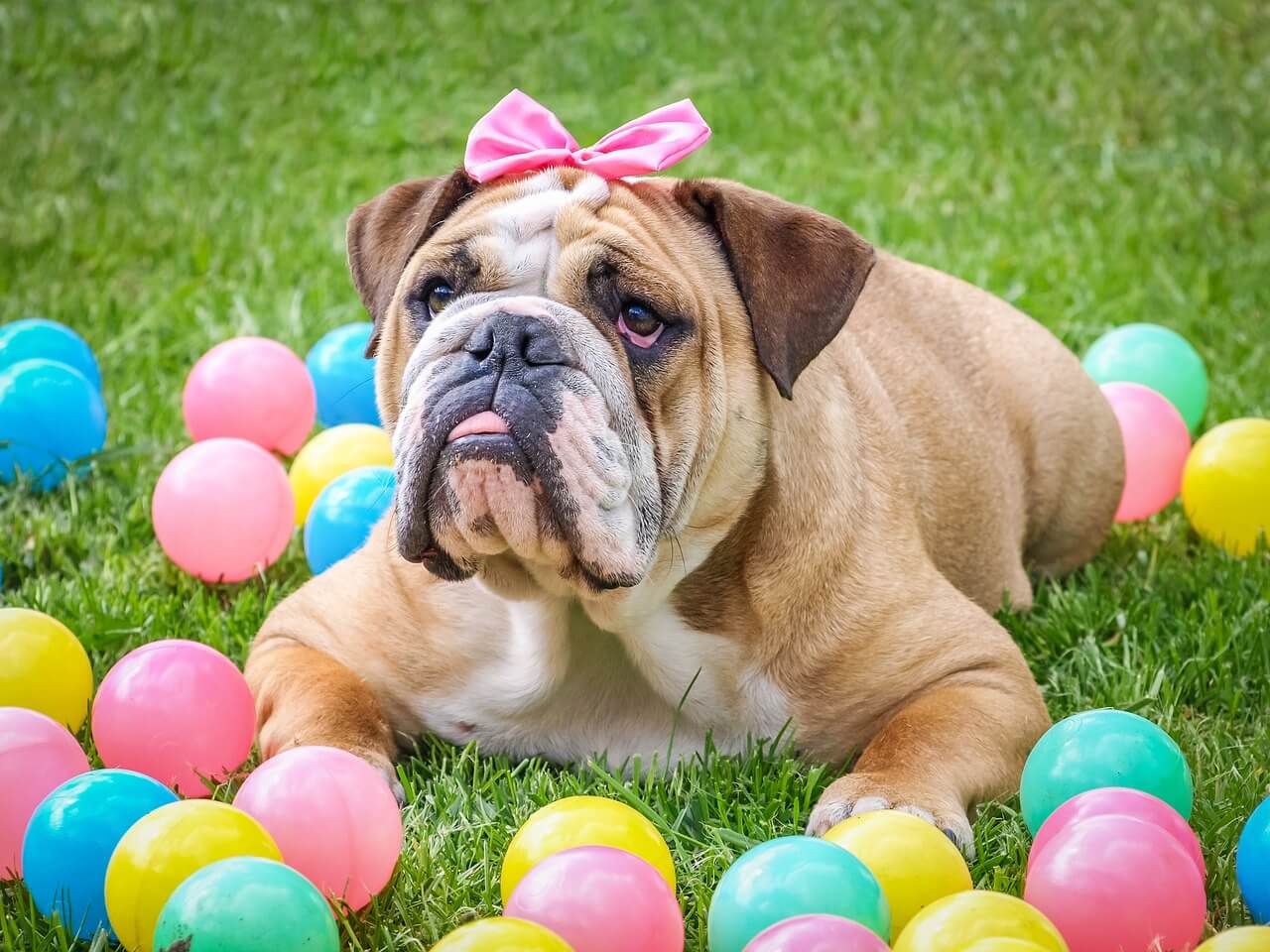
12. English Bulldogs
Surprisingly, English bulldogs have a reputation for being family dogs and guard dogs, though they have a muscular shape and an aggressive expression.
Temperament: English Bulldogs are sweet and gentle to their owners. Also, they are eager to attract someone’s attention and to be part of the family. However, they might be aggressive to unfamiliar dogs.
Energy level: Muscular English bulldogs do not need lots of exercise. On the contrary, they like to cuddle on the soft couch and spend an entire afternoon there.
Shedding: The coat of English Bulldogs sheds moderately and only requires little grooming.